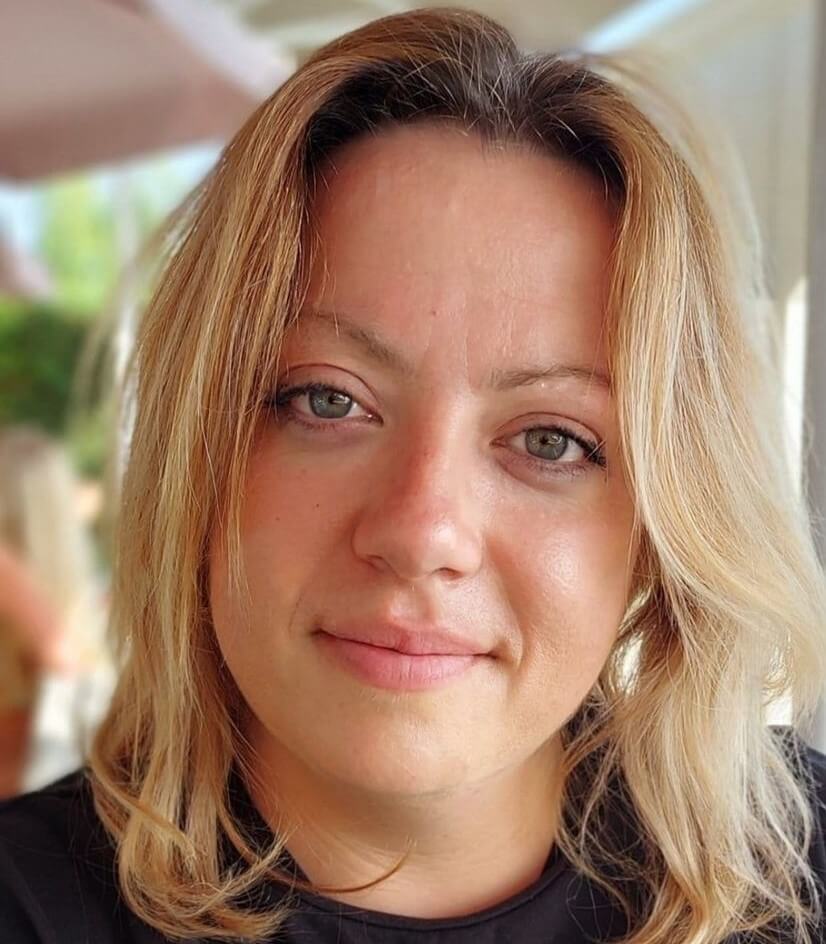Stamo Avgoustatou
| Title: | Communication Models for Opinion Dynamics in Social Networks |
| Position: | Ph.D Candidate |
| Email: | saugoustatou@ionio.gr |

- Ampeliotis Dimitrios, Assistant Professor, Department of Digital Media & Communication, Ionian University (Supervisor)
- Spiros Polykalas,Professor, Department of Digital Media & Communication, Ionian University
- Kanavos Andreas, Associate Professor, Department of Informatics, Ionian University
Summary
Opinions are an integral part of the way we perceive the world and each other. In daily life, people form their opinions by exchanging information about almost anything. This exchange of information has the following two characteristics, (a) it occurs mostly locally, in the sense that we interact most with the people in our immediate environment (e.g., family, friends, co-workers) by whom we are influenced and whom we influence the most, and (b) it is dynamic, in the sense that discussions evolve over time until opinions stop changing. Interest in studying the processes involved in such a process of dynamic opinion formation has intensified in recent years, as the rapid growth of electronic social networks now provides the necessary data.
In such a context, it is of particular interest to study and seek answers to a number of research questions. For example, how can the locality of interactions be modelled to reflect reality? Also, how can we develop and study more realistic models of merging the information a person receives from their environment to refresh their view? Can we model the influence of factors such as ancestry, political beliefs or other social discourses? Still, under what conditions does a network lead to an overall consensus, i.e., a situation in which all participants reach the exact same view, and under what conditions does the network lead to the adoption of a multitude of different views? Also, to what extent are people influenced by false information and how can this situation be modeled? Can a subset of discrete nodes be controlled in order to impose a particular final opinion?
The object of the proposed research is to study existing and develop new, more realistic, models of communication and information fusion. Also, the object of the study is the analysis of the process of dynamic opinion formation under a multitude of parameters and models. For this analysis, the tools used will be simulations, using an appropriate programming tool, but a theoretical mathematical approach will also be attempted. Finally, within the scope of the thesis, the extraction and use of information from real electronic social networks will be attempted.
Back
CONTACT
Postal AddressAntonis Tritsis Ave Argostoli
Kefalonia, Argostoli
PC 28100, Greece
(+30)26710 27311
secdmc@ionio.gr


